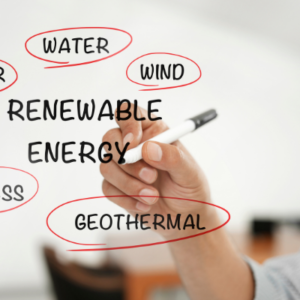Libya has launched its first Minimum Energy Performance Standards (MEPS) and labelling programme, marking a significant step in the country’s energy transition. The initiative aims to improve energy efficiency, enhance regulatory frameworks, and reduce electricity consumption, while addressing inefficiencies in the national grid caused by outdated appliances and limited regulations. The programme is a collaboration between the Libyan Ministry of Planning, the Libyan National Center for Standardization and Metrology (LNCSM), and the United Nations Development Programme (UNDP), with funding provided by the European Union as part of a wider UNDP initiative.
The launch event brought together senior government officials, technical bodies, private-sector representatives, and development partners. Libya’s growing electricity demand and circulation of inefficient appliances have increased energy wastage and emissions, highlighting the need for clear product performance benchmarks. To tackle this, the new MEPS introduces six national standards for household appliances, including refrigerators, air conditioners, and LED lamps, while an accompanying energy labelling system will help consumers make informed choices and phase out energy-intensive, low-quality products.
Libya’s Minister of Planning, Mohamed Al-Zaidani, emphasized that the standards reflect the country’s commitment to building a more transparent, efficient, and responsive energy sector, while expressing gratitude to international partners for their support. The programme also includes a digital energy efficiency platform designed to aid national institutions in monitoring compliance, guiding policy decisions, and strengthening market oversight. LNCSM General Manager Ali Ben Zitoun noted that the initiative would improve consumer protection, elevate product quality, reduce household electricity bills, and lower Libya’s carbon footprint.
By implementing MEPS and labelling, Libya joins over 120 countries using similar schemes to enhance energy performance and support climate objectives. UNDP has provided technical assistance throughout the process, facilitating consultations, developing standards, and strengthening institutional capacity for implementation and monitoring. Future plans for the programme include public awareness campaigns, training for market bodies, and the expansion of standards to additional product categories, further reinforcing Libya’s commitment to energy efficiency and sustainable development.






